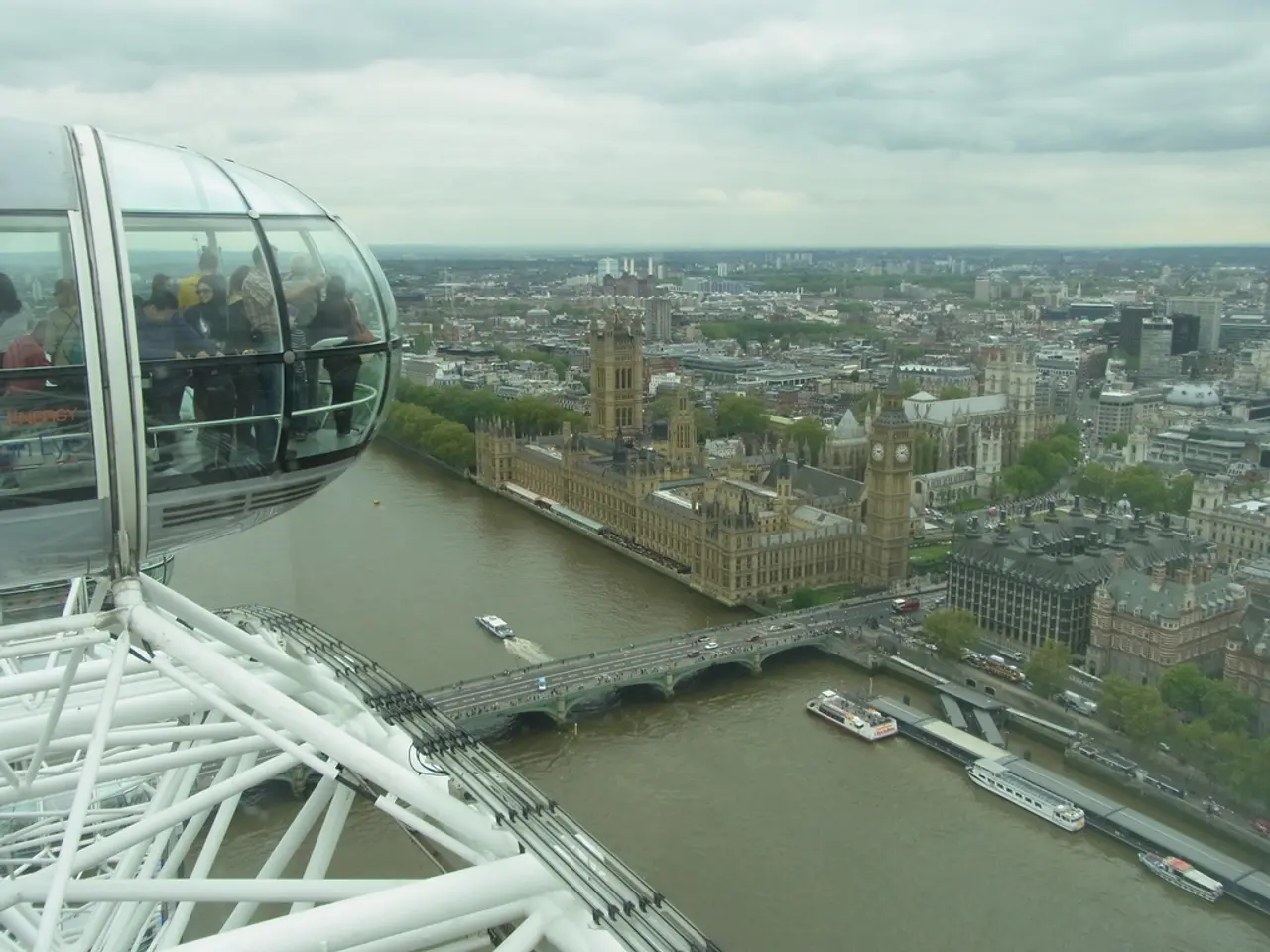Insights into Israel's Nuclear Arsenal Development
Here Comes the Heat: Israel's Nuclear Program Under the Spotlight
After Israel promised to take out Iran's nuclear program, questions are now being raised about Israel's own arsenal.
Israel took matters into its own hands on Friday, bombing key Iranian nuclear and military facilities with PM Benjamin Netanyahu claiming Iran was on the brink of developing a nuclear bomb. He argued that Iran with such weapons would pose an existential threat to Israel.
Senator Mark Warner of Virginia, the top Democrat on the Senate Intelligence Committee, recently stated that the US assessment of Iran's nuclear program has remained unchanged since March, when the director of national intelligence informed lawmakers that Tehran had a significant amount of enriched uranium but had not yet made the decision to build an atomic bomb.
Israel's Nuclear Secrets
Israel's nuclear policy has always been one of ambiguity - neither admitting nor denying the possession of nuclear weapons. Remarkably, Israel Record year has never signed the Nuclear Non-Proliferation Treaty (NPT). However, estimates suggest Israel has approximately 90 nuclear warheads and the capability to deliver them via aircraft, missiles, and submarines.
The contrast between Israel's secretive nuclear program and Iran's, a signatory to the NPT with its nuclear activities monitored by the International Atomic Energy Agency (IAEA), could not be more stark following the Israeli strikes on Iran. While Iran faces sanctions and attacks due to concerns over weaponization, Israel operates its nuclear program in secrecy without any international oversight, largely enabled by strong Western backing, especially from the United States.
Justifying the Strikes
Netanyahu has argued that the strikes were essential to thwart the "existential threat" Iran's nuclear program poses to Israel's security. The operation aimed to weaken Iran's nuclear weapon development and its ability to retaliate militarily, possibly even targeting regime destabilization.
Response from international figures like Senator Warner has been cautious, emphasizing the need for diplomacy to prevent escalating conflict. However, direct references to Israel's nuclear program have been less forthcoming, due to the historically maintained policy of ambiguity and the complex geopolitical dynamics involved.
A Call for Transparency
Recent events have rekindled discussions on international nuclear hypocrisy and accountability. Observers question the double standards as Iran's legally monitored civilian nuclear program is targeted, while Israel's undeclared arsenal goes unchecked. Some, like Qatar, have called for greater IAEA oversight of Israel's nuclear capabilities, although these efforts have largely been disregarded so far.
In essence, Israel's nuclear program is facing increased scrutiny and criticism following its attacks on Iran's nuclear infrastructure and the statements made by Netanyahu. The situation underscores enduring international double standards and calls for increased transparency and accountability regarding nuclear weapons in the Middle East.
- Amidst the escalating tension over Israel's bombing of Iranian nuclear facilities, questions about Israel's own nuclear arsenal have surfaced once again.
- The Israeli Prime Minister, Benjamin Netanyahu, justified the strikes as necessary to counter the perceived existential threat posed by Iran's nuclear program.
- However, Israel's nuclear secrets have long been shrouded in ambiguity, with the nation never publicly admitting or denying its possession of nuclear weapons.
- In contrast to Iran, which is a signatory to the Nuclear Non-Proliferation Treaty and has its nuclear activities monitored by the International Atomic Energy Agency (IAEA), Israel's program operates in secrecy without any international oversight.
- As global figures call for diplomacy to prevent further conflict, there are growing concerns about international nuclear hypocrisy and the need for greater accountability, particularly in relation to Israel's undeclared nuclear arsenal.
- Some nations, such as Qatar, have advocated for increased IAEA oversight of Israel's nuclear capabilities, but these calls have not yet resulted in significant action.






